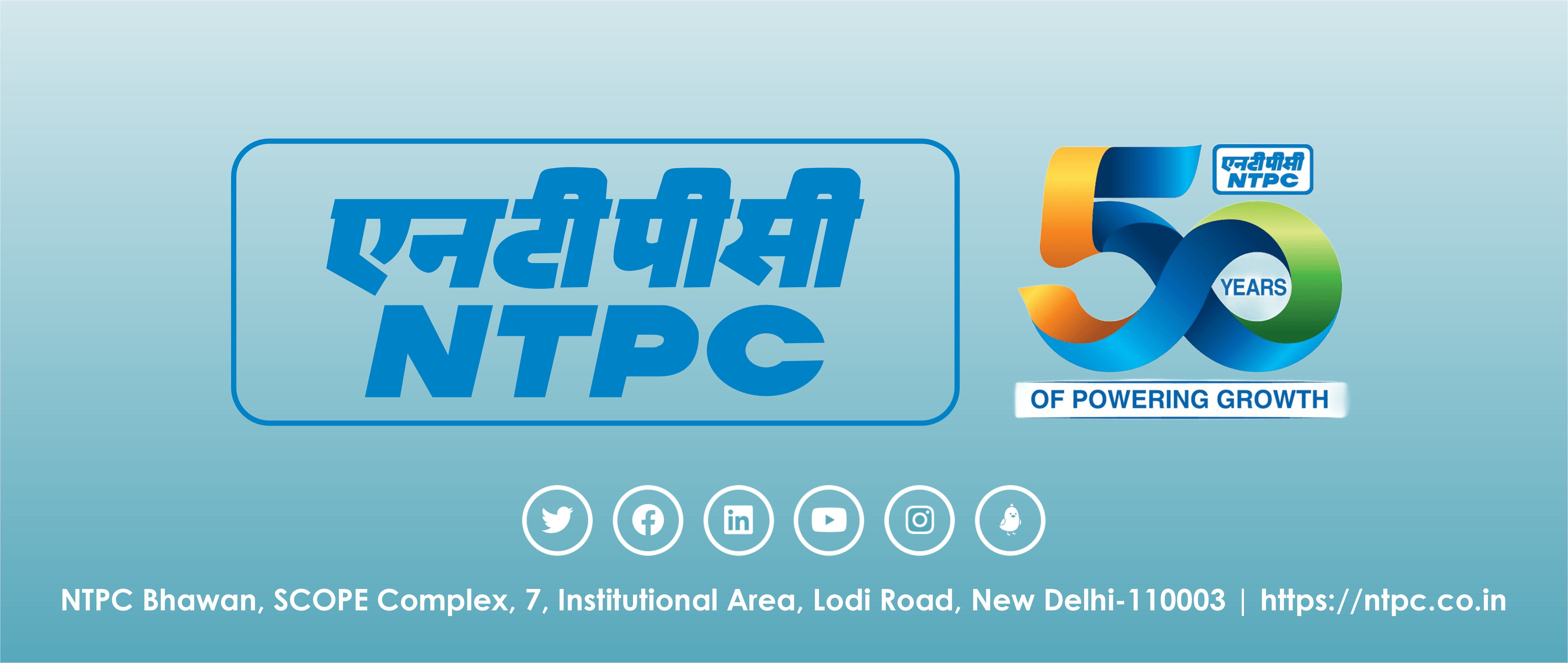TO RECIEVE EXCLUSIVE POSTS AND NEWS
![]() Did you ever see a tweet by the PM wishing Sonia Gandhi on any occasion? But that's what NaMo did when she fell sick in Varanasi during her road show. The import was not lost on anyone: he was beseeching her to facilitate the passage of a bill to turn India into one of the biggest single markets with 1.3 billion consumers. While helping NaMo pass the bill, the Congress has made it clear that it would not be part of a related taxation structure that puts any more burden on the poor people for the convenience of the rich and wealthy.
Even though the country's decade-long wait for a national sales tax is over with the passage of the GST Bill in the Rajya Sabha on Wednesday, the onus is now on the NaMo administration to move towards its implementation. There is no doubt that the government would have to carry the opposition, particularly the Congress, along to ensure that the Bill is drafted into an act with a proper tax structure that will make India one of the 'most compelling consumption story' of the next two decades as predicted by Goldman Sachs in its June report.
And in the debate in the Rajya Sabha, former finance minister P Chidambaram, who had come prepared to humble BJP on the GST bill advised the government not to sway away from the path of 18 percent standard GST rate to avoid adding fuel to the inflationary pressures in the economy. And quite cleverly as is his wont, PC used a report of Finance Ministry's chief economic adviser Arvind Subramanian to drive him his point. In the report, Subramanian had proposed a standard GST rate of 18 percent and a revenue neutral rate of 15-15.5 percent.
The CEA also recommended a concessional rate of 12 percent for public goods that concerns the deprived or weaker sections and a rate of 40 percent for luxury items and tobacco, aerated drinks and pan masala etc. Invoking Subramanian's proposals, which the government cannot ignore, PC drove home the Congress' core point of keeping the final GST rate at 18 percent. "I, on behalf of my party, loudly and clearly demand that the GST rate should not exceed 18 percent," Chidambaram said in the house. "The worry that we have is creeping taxation. But that is what Parliament is for. Taxation is the exclusive power of Parliament. It is ultimately Parliament which calls the shots in taxes," said the former FM, who first announced GST in his 2006-07 budget. "When this Bill is passed today, we will prepare for the next stage of the debate, which is the Central GST Bill. I want an assurance from the Finance Minister....This is a very important legislation. I want an assurance that when that Bill is brought, that will be brought as a Financial Bill and not as a Money Bill," Chidambaram said.
In simple words, Chidambaram has made it impossible for the BJP to decide a standard GST rate above 18 percent for whatever reasons. And to keep the rate at 18 percent, the Centre has to cope with different pressure groups and the state governments before arriving at a final standard rate. The standard rate is the rate which will impact 70 percent of the goods and services and hence most critical to the public at large. Too high a rate will hurt the service industries and consumer and too low a rate will reduce the earnings of manufacturing states. Let's see how the government devises the golden mean so that it does not look either anti-poor or anti-manufacturing states.
By M K Shukla & Rakesh Ranjan
Did you ever see a tweet by the PM wishing Sonia Gandhi on any occasion? But that's what NaMo did when she fell sick in Varanasi during her road show. The import was not lost on anyone: he was beseeching her to facilitate the passage of a bill to turn India into one of the biggest single markets with 1.3 billion consumers. While helping NaMo pass the bill, the Congress has made it clear that it would not be part of a related taxation structure that puts any more burden on the poor people for the convenience of the rich and wealthy.
Even though the country's decade-long wait for a national sales tax is over with the passage of the GST Bill in the Rajya Sabha on Wednesday, the onus is now on the NaMo administration to move towards its implementation. There is no doubt that the government would have to carry the opposition, particularly the Congress, along to ensure that the Bill is drafted into an act with a proper tax structure that will make India one of the 'most compelling consumption story' of the next two decades as predicted by Goldman Sachs in its June report.
And in the debate in the Rajya Sabha, former finance minister P Chidambaram, who had come prepared to humble BJP on the GST bill advised the government not to sway away from the path of 18 percent standard GST rate to avoid adding fuel to the inflationary pressures in the economy. And quite cleverly as is his wont, PC used a report of Finance Ministry's chief economic adviser Arvind Subramanian to drive him his point. In the report, Subramanian had proposed a standard GST rate of 18 percent and a revenue neutral rate of 15-15.5 percent.
The CEA also recommended a concessional rate of 12 percent for public goods that concerns the deprived or weaker sections and a rate of 40 percent for luxury items and tobacco, aerated drinks and pan masala etc. Invoking Subramanian's proposals, which the government cannot ignore, PC drove home the Congress' core point of keeping the final GST rate at 18 percent. "I, on behalf of my party, loudly and clearly demand that the GST rate should not exceed 18 percent," Chidambaram said in the house. "The worry that we have is creeping taxation. But that is what Parliament is for. Taxation is the exclusive power of Parliament. It is ultimately Parliament which calls the shots in taxes," said the former FM, who first announced GST in his 2006-07 budget. "When this Bill is passed today, we will prepare for the next stage of the debate, which is the Central GST Bill. I want an assurance from the Finance Minister....This is a very important legislation. I want an assurance that when that Bill is brought, that will be brought as a Financial Bill and not as a Money Bill," Chidambaram said.
In simple words, Chidambaram has made it impossible for the BJP to decide a standard GST rate above 18 percent for whatever reasons. And to keep the rate at 18 percent, the Centre has to cope with different pressure groups and the state governments before arriving at a final standard rate. The standard rate is the rate which will impact 70 percent of the goods and services and hence most critical to the public at large. Too high a rate will hurt the service industries and consumer and too low a rate will reduce the earnings of manufacturing states. Let's see how the government devises the golden mean so that it does not look either anti-poor or anti-manufacturing states.
By M K Shukla & Rakesh Ranjan























